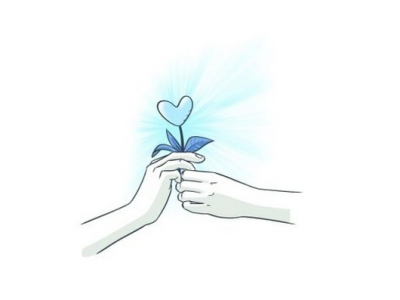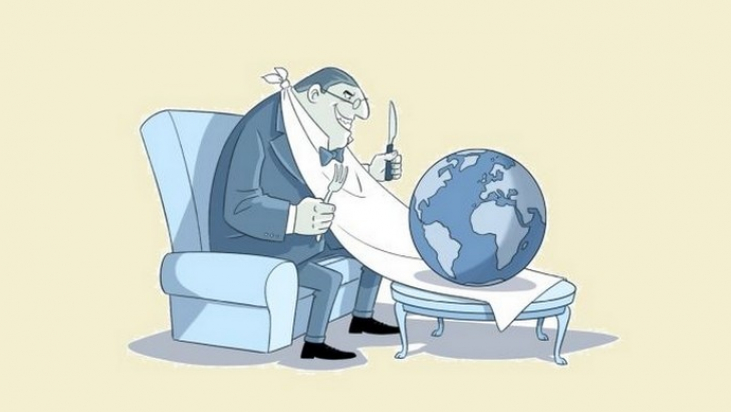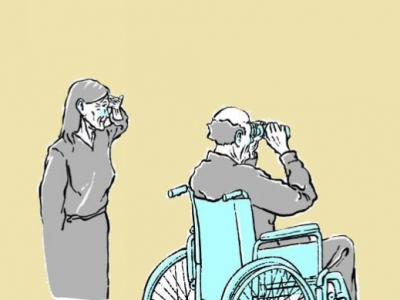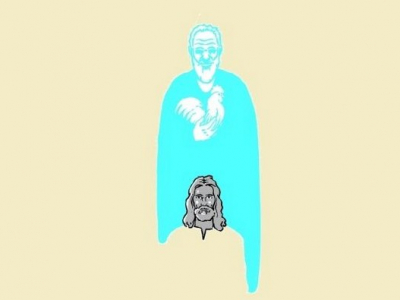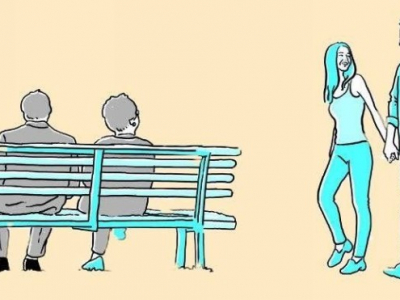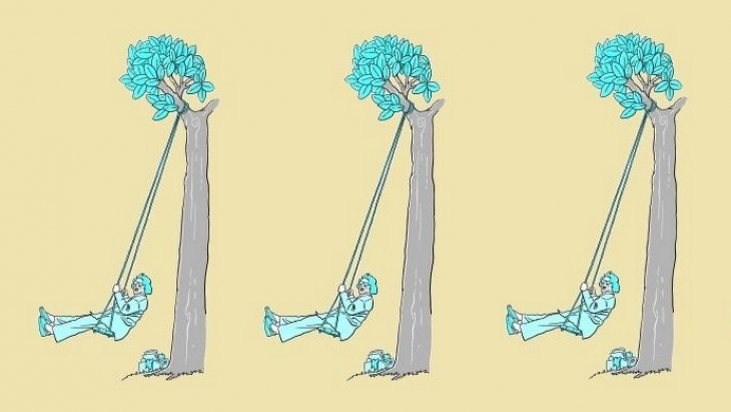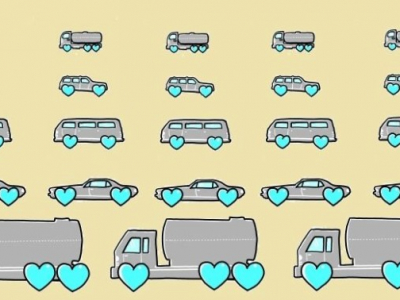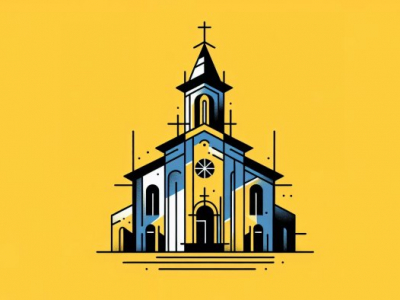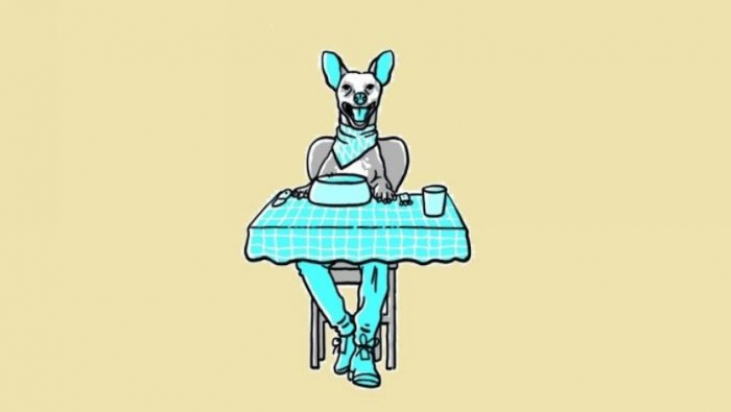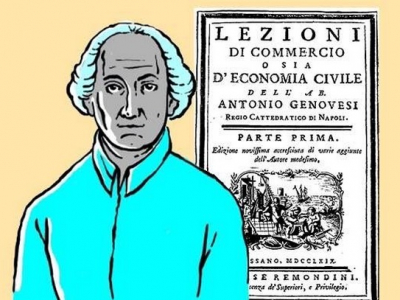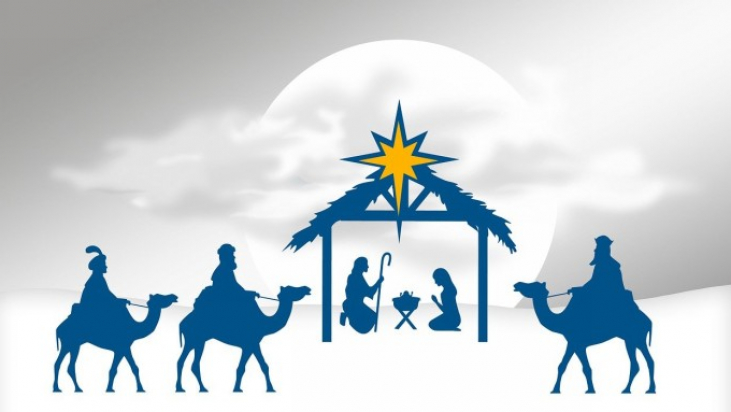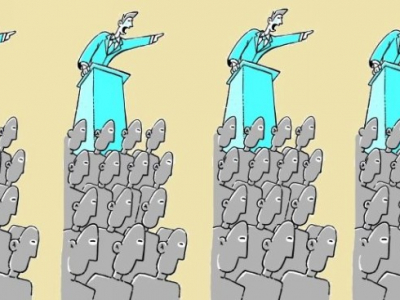stdClass Object
(
[id] => 20610
[title] => A present is not a gift
[alias] => a-present-is-not-a-gift
[introtext] => A gift is something given freely, it is a relational good, that is, an act that is not owed, where the main good is not the object given but the relationship between the giver and the receiver.
by Luigino Bruni
published in Messaggero di Sant'Antonio on February 2, 2026
The Christmas holidays are over, and so, with the dust settled, we can reflect on gifts and the difference between gifts and presents. Presents and gifts are different human acts, they coexist side by side, they are often both good, but they should not be confused with each other. The value of presents between Christmas and Epiphany depends on the quality of gifts between Epiphany and Christmas. The panettone we bring to our elderly aunt who lives far away says something good and beautiful if, during the year, that Christmas gift was preceded by a few phone calls, a visit, time spent together, hugs, kind words, and mutual blessings. We sapiens also talk to things and objects, because words are sometimes not enough, and with an object we can say things that we would say differently and worse with our mouths and pens. Human civilization, unlike animals, is made up of words and things, objects (paintings, houses, churches) that say who we are as well as, and perhaps better than, words. Gifts are the verbs that connect and give meaning to our presents, and make them part of our most beautiful conversations.
[fulltext] => In practice and in real life, gifts and presents are similar, they intersect, we call them by the same words, also because it is not necessary to study economics to live well. Gifts are often (though not always) given to fulfill obligations, usually good obligations, towards family, friends, colleagues, suppliers, bosses, customers, purchasing managers, and are linked to the times and dates of life.
Our era of global business increasingly loves gifts, which are perfectly consistent with its spirit, but understands gifts less and less. Gifts are expected, regulated by social conventions, and in many cases are demanded—in many regions, wedding gifts are regulated by very detailed and strictly observed rules, to the point of going into debt. There is little gratuitousness in gifts, so much so that if we do not give them, the potential recipients judge us badly. An economist, Joel Waldfogel (in 1993), showed that Christmas gifts destroy on average 20% of the value of the goods given, because if people chose their own gifts instead of receiving them from others, their satisfaction would be about a fifth greater. So this economist proposed giving money to friends and relatives, which is now common practice with children, grandchildren, and relatives, as giving money becomes an easier option for both the giver and the recipient. Not to mention “wedding gifts”: from tea sets and towel sets, we first moved on to wedding registries, then to envelopes with money, and now directly to the IBAN indicated in the invitation.
The gift is different, it is something else, it has a different nature, a different cost, and a different value, a different course, a different meaning. It is a matter of gratuitousness, it is a relational good, that is, an act that is not due, where the main good is not the object given but the relationship between the giver and the receiver. The gift is not demanded, often it is not even expected; sometimes it is anticipated, it is always excessive, not linked to merit, surprising, unbalanced, excessive, asymmetrical. When the gift is also expressed with a donated object, that gift will forever embody that act of love, the face of the person who gave it to us. And when the gift is embodied in an object, the spirit of the gift transforms that thing into a sacrament. Seeing it, we are invited to think and look at something else, a distant but very present face.
Photo credit: © Fabiano Fiorin / MSA Archive
[checked_out] => 0
[checked_out_time] => 0000-00-00 00:00:00
[catid] => 889
[created] => 2026-02-03 12:07:42
[created_by] => 64
[created_by_alias] => Luigino Bruni
[state] => 1
[modified] => 2026-02-03 12:38:01
[modified_by] => 64
[modified_by_name] => Antonella Ferrucci
[publish_up] => 2026-02-03 12:07:42
[publish_down] => 0000-00-00 00:00:00
[images] => {"image_intro":"","image_sp_full":"images\/2026\/02\/03\/MSA_bruni_febbraio_2026_ant.jpg","image_sp_thumb":"images\/2026\/02\/03\/MSA_bruni_febbraio_2026_ant_thumbnail.jpg","image_sp_medium":"images\/2026\/02\/03\/MSA_bruni_febbraio_2026_ant_medium.jpg","image_sp_large":"images\/2026\/02\/03\/MSA_bruni_febbraio_2026_ant_large.jpg","float_intro":"","image_intro_alt":"","image_intro_caption":"","image_fulltext":"","float_fulltext":"","image_fulltext_alt":"","image_fulltext_caption":""}
[urls] => {"urla":false,"urlatext":"","targeta":"","urlb":false,"urlbtext":"","targetb":"","urlc":false,"urlctext":"","targetc":""}
[attribs] => {"article_layout":"","show_title":"","link_titles":"","show_tags":"","show_intro":"","info_block_position":"","info_block_show_title":"","show_category":"","link_category":"","show_parent_category":"","link_parent_category":"","show_associations":"","show_author":"","link_author":"","show_create_date":"","show_modify_date":"","show_publish_date":"","show_item_navigation":"","show_icons":"","show_print_icon":"","show_email_icon":"","show_vote":"","show_hits":"","show_noauth":"","urls_position":"","alternative_readmore":"","article_page_title":"","show_publishing_options":"","show_article_options":"","show_urls_images_backend":"","show_urls_images_frontend":"","spfeatured_image":"images\/2026\/02\/03\/MSA_bruni_febbraio_2026_ant.jpg","spfeatured_image_alt":"","post_format":"standard","gallery":"","audio":"","video":"","helix_ultimate_video":"","helix_ultimate_article_format":"standard","helix_ultimate_image":"images\/2026\/02\/03\/MSA_bruni_febbraio_2026_ant.jpg","link_title":"","link_url":"","quote_text":"","quote_author":"","post_status":""}
[metadata] => {"robots":"","author":"","rights":"","xreference":""}
[metakey] =>
[metadesc] =>
[access] => 1
[hits] => 84
[xreference] =>
[featured] => 1
[language] => en-GB
[on_img_default] => 0
[readmore] => 2559
[ordering] => 0
[category_title] => EN - MSA
[category_route] => economia-civile/it-editoriali-vari/it-msa
[category_access] => 1
[category_alias] => en-msa
[published] => 1
[parents_published] => 1
[lft] => 77
[author] => Luigino Bruni
[author_email] => ferrucci.anto@gmail.com
[parent_title] => IT - Editoriali vari
[parent_id] => 893
[parent_route] => economia-civile/it-editoriali-vari
[parent_alias] => it-editoriali-vari
[rating] => 0
[rating_count] => 0
[alternative_readmore] =>
[layout] =>
[params] => Joomla\Registry\Registry Object
(
[data:protected] => stdClass Object
(
[article_layout] => _:default
[show_title] => 1
[link_titles] => 1
[show_intro] => 1
[info_block_position] => 0
[info_block_show_title] => 1
[show_category] => 1
[link_category] => 1
[show_parent_category] => 1
[link_parent_category] => 1
[show_associations] => 0
[flags] => 1
[show_author] => 0
[link_author] => 0
[show_create_date] => 1
[show_modify_date] => 0
[show_publish_date] => 1
[show_item_navigation] => 1
[show_vote] => 0
[show_readmore] => 0
[show_readmore_title] => 0
[readmore_limit] => 100
[show_tags] => 1
[show_icons] => 1
[show_print_icon] => 1
[show_email_icon] => 1
[show_hits] => 0
[record_hits] => 1
[show_noauth] => 0
[urls_position] => 1
[captcha] =>
[show_publishing_options] => 1
[show_article_options] => 1
[save_history] => 1
[history_limit] => 10
[show_urls_images_frontend] => 0
[show_urls_images_backend] => 1
[targeta] => 0
[targetb] => 0
[targetc] => 0
[float_intro] => left
[float_fulltext] => left
[category_layout] => _:blog
[show_category_heading_title_text] => 0
[show_category_title] => 0
[show_description] => 0
[show_description_image] => 0
[maxLevel] => 0
[show_empty_categories] => 0
[show_no_articles] => 1
[show_subcat_desc] => 0
[show_cat_num_articles] => 0
[show_cat_tags] => 1
[show_base_description] => 1
[maxLevelcat] => -1
[show_empty_categories_cat] => 0
[show_subcat_desc_cat] => 0
[show_cat_num_articles_cat] => 0
[num_leading_articles] => 0
[num_intro_articles] => 14
[num_columns] => 2
[num_links] => 0
[multi_column_order] => 1
[show_subcategory_content] => -1
[show_pagination_limit] => 1
[filter_field] => hide
[show_headings] => 1
[list_show_date] => 0
[date_format] =>
[list_show_hits] => 1
[list_show_author] => 1
[list_show_votes] => 0
[list_show_ratings] => 0
[orderby_pri] => none
[orderby_sec] => rdate
[order_date] => published
[show_pagination] => 2
[show_pagination_results] => 1
[show_featured] => show
[show_feed_link] => 1
[feed_summary] => 0
[feed_show_readmore] => 0
[sef_advanced] => 1
[sef_ids] => 1
[custom_fields_enable] => 1
[show_page_heading] => 0
[layout_type] => blog
[menu_text] => 1
[menu_show] => 1
[secure] => 0
[helixultimatemenulayout] => {"width":600,"menualign":"right","megamenu":0,"showtitle":1,"faicon":"","customclass":"","dropdown":"right","badge":"","badge_position":"","badge_bg_color":"","badge_text_color":"","layout":[]}
[helixultimate_enable_page_title] => 1
[helixultimate_page_title_alt] => Messaggero di S. Antonio
[helixultimate_page_subtitle] => Civil Economy
[helixultimate_page_title_heading] => h2
[page_title] => Messaggero di S. Antonio
[page_description] =>
[page_rights] =>
[robots] =>
[access-view] => 1
)
[initialized:protected] => 1
[separator] => .
)
[displayDate] => 2026-02-03 12:07:42
[tags] => Joomla\CMS\Helper\TagsHelper Object
(
[tagsChanged:protected] =>
[replaceTags:protected] =>
[typeAlias] =>
[itemTags] => Array
(
)
)
[slug] => 20610:a-present-is-not-a-gift
[parent_slug] => 893:it-editoriali-vari
[catslug] => 889:en-msa
[event] => stdClass Object
(
[afterDisplayTitle] =>
[beforeDisplayContent] =>
[afterDisplayContent] =>
)
[text] => A gift is something given freely, it is a relational good, that is, an act that is not owed, where the main good is not the object given but the relationship between the giver and the receiver.
by Luigino Bruni
published in Messaggero di Sant'Antonio on February 2, 2026
The Christmas holidays are over, and so, with the dust settled, we can reflect on gifts and the difference between gifts and presents. Presents and gifts are different human acts, they coexist side by side, they are often both good, but they should not be confused with each other. The value of presents between Christmas and Epiphany depends on the quality of gifts between Epiphany and Christmas. The panettone we bring to our elderly aunt who lives far away says something good and beautiful if, during the year, that Christmas gift was preceded by a few phone calls, a visit, time spent together, hugs, kind words, and mutual blessings. We sapiens also talk to things and objects, because words are sometimes not enough, and with an object we can say things that we would say differently and worse with our mouths and pens. Human civilization, unlike animals, is made up of words and things, objects (paintings, houses, churches) that say who we are as well as, and perhaps better than, words. Gifts are the verbs that connect and give meaning to our presents, and make them part of our most beautiful conversations.
[jcfields] => Array
(
)
[type] => intro
[oddeven] => item-odd
)
